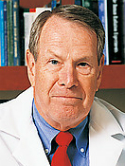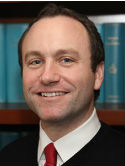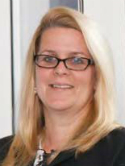| Abstract: |
PURPOSE: Biobanking helps source tissue and blood for studying cancer genomics. Access to biorepository resources in low- and middle-income countries is lacking. Memorial Sloan Kettering Cancer Center (MSK) and the American University of Beirut (AUB) established a joint tissue biorepository at AUB in Beirut, Lebanon. The undertaking encountered key challenges that were unanticipated. MATERIALS AND METHODS: Patients age 18 years or older were eligible for enrollment at AUB. After consent, biospecimens were obtained at the time of routine diagnostic and/or therapeutic interventions. Both normal and abnormal tissue and solid and/or liquid specimens were collected from varied body sites. Early on, declining consent was frequently observed, and this was highlighted for investigation to understand potential participants reasoning. RESULTS: Of 850 patients approached, 704 (70.8%) elected to consent and 293 (29.5%) declined participation. The number of declined consents led to an amendment permitting the documentation of reasons for same. Of 100 potential participants who declined to consent and to whom outreach was undertaken, 63% indicated lack of research awareness and 27% deferral to their primary physician or family member. A financial gain for AUB was cited as concern by 5%, cultural boundaries in 4%, and 1% expressed concern about confidentiality. Of the patients who elected to consent, 682 biospecimens were procured. CONCLUSION: The AUB-MSK biospecimen repository has provided a unique resource for interrogation. Patient participation rate was high, and analyses of those who elected not to consent (29%) provide important insights into educational need and the local and cultural awareness and norms. |














